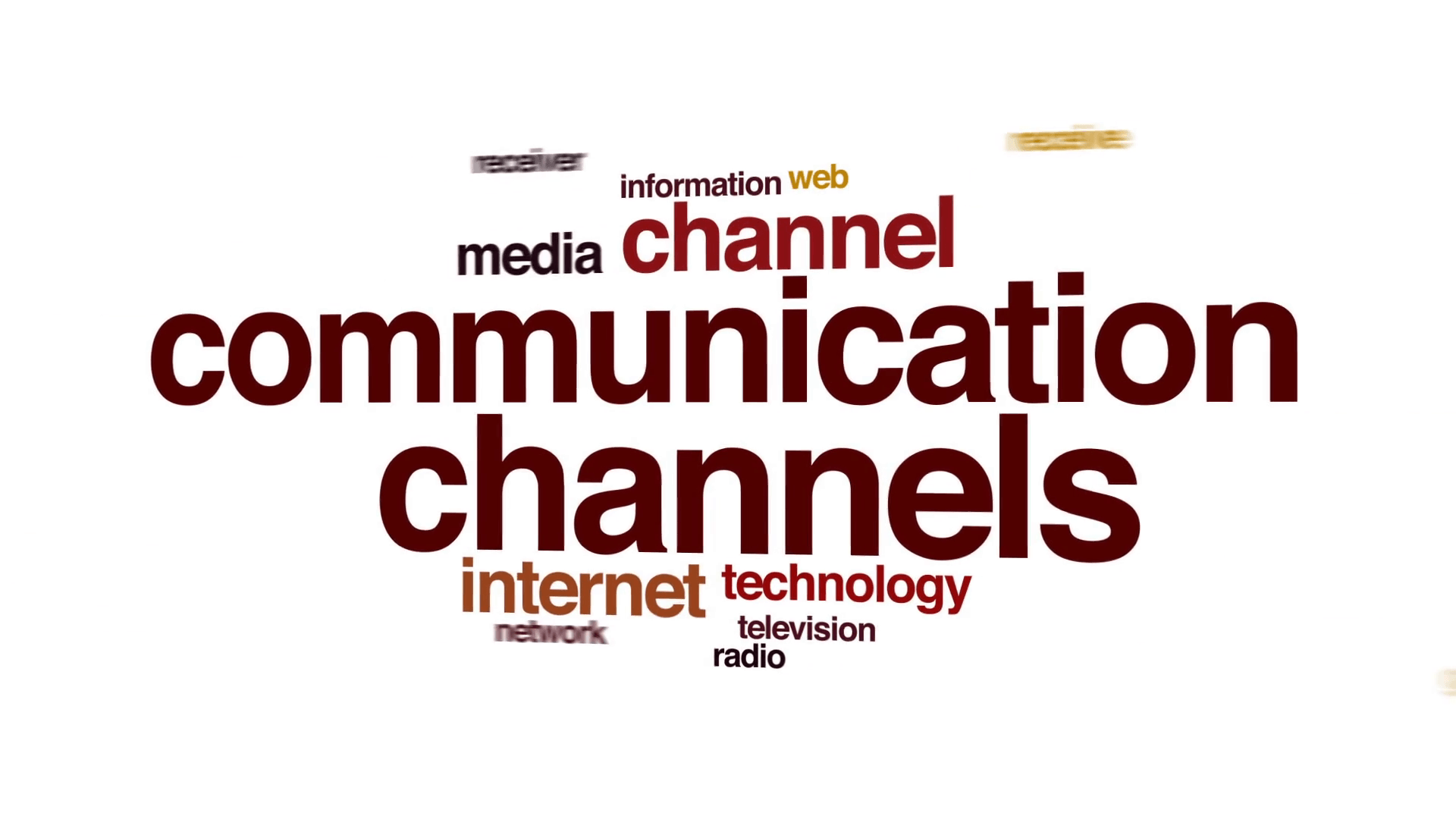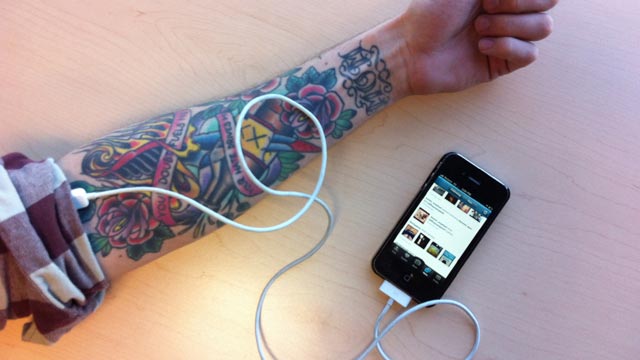
Media communications channels
July 3, 2017
Positive Media Influence On Teenagers and youth
July 3, 2017Addiction to online social networking, as well as Internet addiction types in general.Are recent and insufficiently investigate phenomena, frequently discuss and sometimes dispute in the psychiatric literature.
Addiction types could affect the addictive nature of SNS is support primarily by the mental preoccupation of many chronic SNS users who as a result tend to neglect other aspects of their social functioning such as family and offline friends.
In addition, according to our own observations, sudden cessation of online social networking (i.e., lack of Internet connection) may in some chronic users cause signs and symptoms that at least partially resemble the ones seen during drug/alcohol/nicotine abstinence syndrome.
Online social networking as a potential addiction disorder has so far been discuss in many publications. SNS addiction represents a relatively new issue in psychiatry research, and as with other potentially SNS-related disorders, many questions remain unanswered.
In 2012, Andreassen et al. develop the Facebook Addiction Scale, a scoring system initially based on a total of 18 items, testing features of addiction such as salience, mood modification, tolerance, withdrawal, conflict, and relapse.
The authors applied the scale along with other questionnaires (such as Addictive Tendencies Scale, Online Sociability Scale, etc.) on a sample of 423 students.
The test show a relatively high reliability and proved to be applicable to the student population. The same year, regarding this study, Griffiths expressed concern that the term “Facebook addiction” may be obsolete due to a large variety of activities that can do it on Facebook besides conventional social networking (i.e., playing games).
Nevertheless, any attempt to design a scoring system that would be able to quantify at least a certain aspect of social networking addiction is, in our opinion, an important addition to the present knowledge in this field.
Questionnaire addiction
Wolniczak et al. recently adapted The Internet Addiction Questionnaire in order to test Facebook dependence in the student population. The authors also tested the sleep quality of Facebook users using the Pittsburgh Sleep Quality Index.
The results showed that Facebook dependence may be related to poor quality of sleep. To our knowledge, this is the first study to modify existing questionnaires for Internet addiction in order to test Facebook use.
Probably, the most important question is whether SNS addiction is actually a mental disorder, and whether it should diagnosed and treated as such.
The Tenth Revision of the International Classification of Diseases and Health Problems (ICD-10) defined several specific criteria for dependence syndrome such as a strong desire or sense of compulsion.
Difficulties in controlling consumption behavior, physiological withdrawal state after reduction or cessation, evidence of tolerance, and so on. A diagnosis should made if three or more of the above-mentioned criteria are present (at a certain time point) during the previous year.
Addiction types
It is clear that many of these diagnostic criteria could be apple to a minor percentage of chronic Facebook users who, as a result of this prolong computer use, have problems in normal everyday functioning.
However, one must be very careful with this approach, since in the future it could be quite difficult to distinguish SNS addiction from Internet addiction, which is a much more general disorder (Internet addiction disorder, problematic Internet use, or compulsive Internet use).
Furthermore, it should be note that neither Internet nor SNS addiction include the latest disease classification manuals such as Diagnostic and Statistical Manual of Mental Disorders (DSM-5). In addition, SNS and Internet-relate mental problems are frequently seen together with other diagnose mental illnesses, or, in other words, these problems are complicate by co-morbidity.
Therefore, it remains unclear whether potential SNS addiction is an independent illness, or merely a manifestation of other mental issues such as, for example, personality disorders.
All in all, it remains to see whether SNS addiction will ever be recognizable as a separate mental disorder.
It can be expect that in the future, this issue will be a focal point of many research studies, and that, in the years to come, it will become the subject of a wide debate among psychiatrists, psychologists, and other specialists.
The final results and conclusions will have a substantial impact on the future organization of the mental health system, particularly considering that online social networking affects such a large proportion of the world population.





